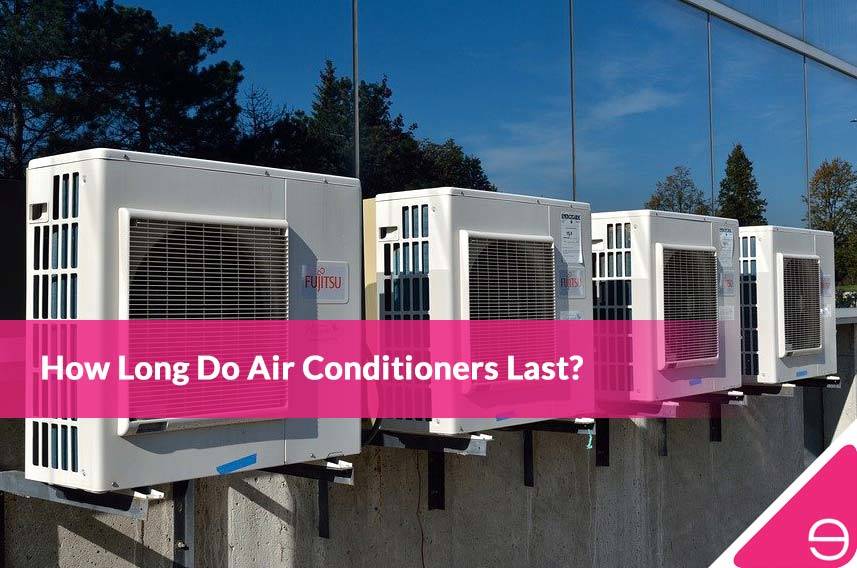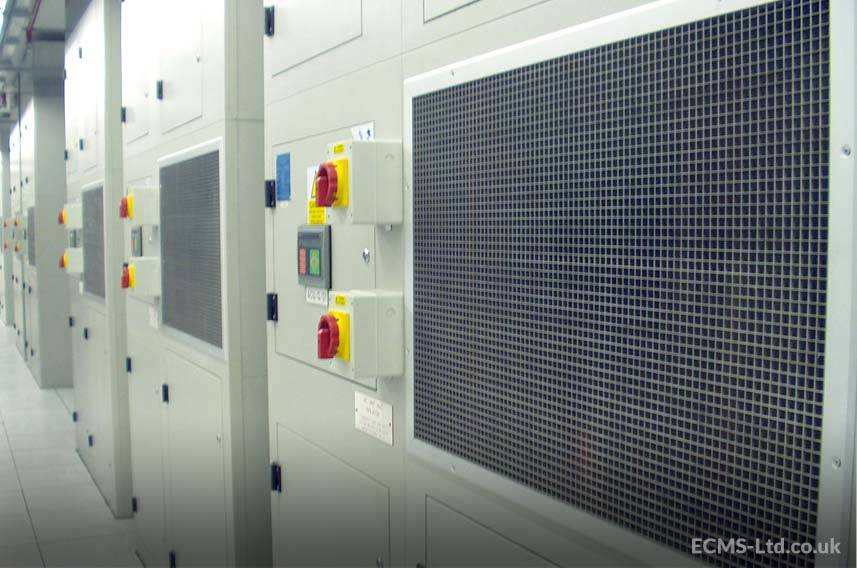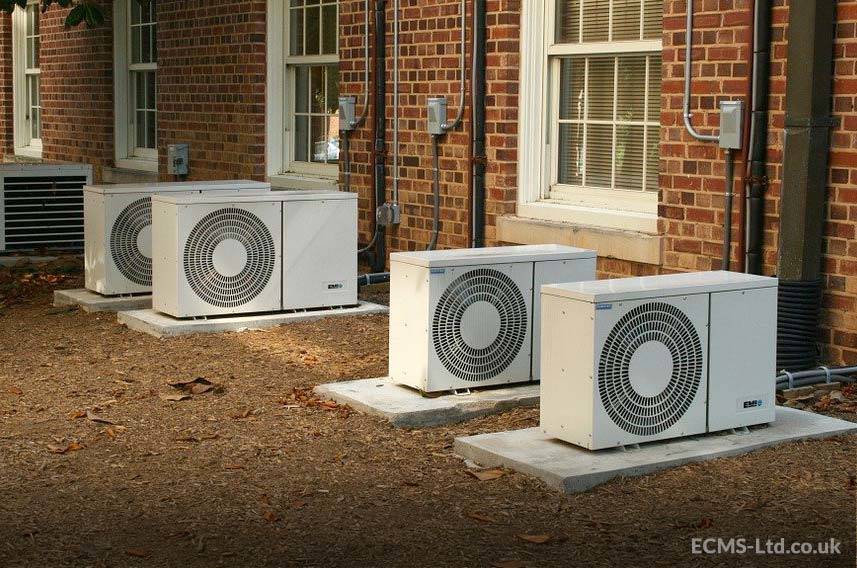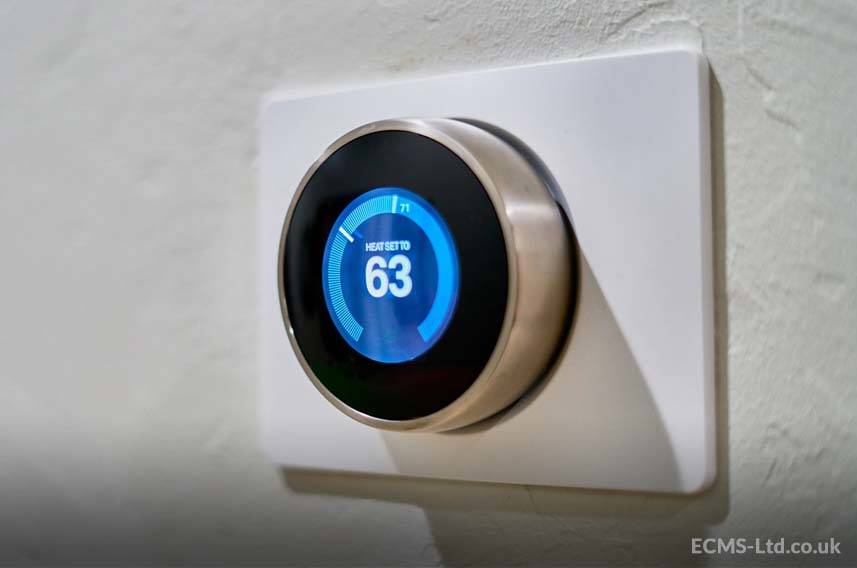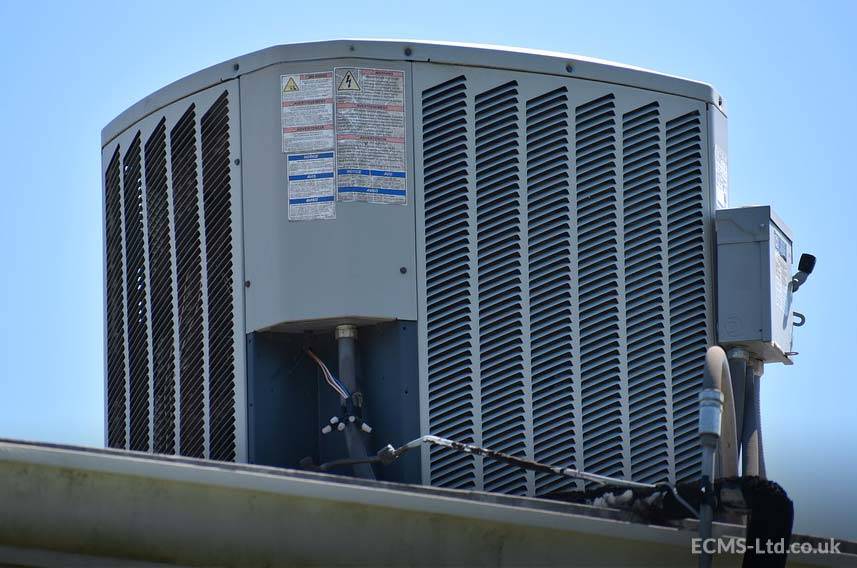The lifespan of an air conditioner depends on various factors.
Besides the need for regular maintenance, and occasional repairs, there are also other aspects which affect how long an air conditioner typically lasts.
Table of Contents
How Long Should An A/C Unit Last?
The average air conditioner life is 15 years.
The lifespan depends on how well maintained an air conditioning unit is.
Many property owners and landlords consider air conditioners as being rather complicated systems, and often most prefer to leave their servicing and maintenance in the hands of an HVAC technician.
This can increase the lifespan of the air conditioner considerably, since it would be performing at its best.
Should there be any possible problems, they can be addressed by the technician before they become more serious.
Having said that, there are a number of factors which can affect the lifespan of an air conditioner, including the level of usage, the type of air conditioner, as well as how often you service it.
As a general rule of thumb, it’s best to have an air conditioning technician service your cooling and heating system once every year.
This can help it to be well maintained, and increase its lifespan, allowing you to have your air conditioner still up and running even after twenty years!
Signs Your A/C Unit Needs Replacing
There may be various signs that could indicate that it is time to replace your air conditioning unit.
Over 10 Years Old
If your air conditioner is more than ten years old, there’s a good chance that it needs to be replaced.
One of the main reasons behind this is that when you take into account the latest technology and what was available ten years ago when you bought your air conditioner, there’s a considerable difference.
This is reflected in the running costs, as an old air conditioner will not be as efficient as a more modern unit, even if you make sure to service it often.
In the long run, relying on an old air conditioning system will end up being more expensive than if you were to upgrade to a new one.
Besides, newer units offer improved climate control systems, as well as more quiet functioning.
A/C Unit Is Freon Based
If your air conditioning unit relies on the refrigerant R-22, or HCFC-22, you will most likely encounter problems to find a supplier that is still stocking this.
This is due to the fact that following the Montreal Protocol, HCFCs have been phased out since they are harmful for the ozone layer.
In case the refrigerant leaks, you will end up having to forge out a considerable amount of money in order to recharge the system and see to the repair of the leak.
Besides the expense involved, it is also better to consider replacing such an air conditioner with a more eco-friendly unit.
Expensive Energy Bills
Have you been paying high energy bills?
Chances are that you could cut down on these bills if your air conditioning unit was more energy efficient.
Older systems tend to be inefficient, and this leads to higher running costs.
On the other hand, an air conditioner with the latest technology generally requires less energy in order to power up and continually run.
Uneven Temperatures
If you have been experiencing uneven temperatures while the air conditioner is running, then this could be an indication that it needs to be replaced.
Excessive Humidity Whilst In Use
If you have been noticing that your home feels rather humid, then chances are that your air conditioner is not running properly.
It may also be that the thermostat reports a relative humidity that exceeds 50%.
It is important to note that more modern air conditioning systems are better able to combat humidity in homes thanks to more innovative technologies.
Constantly Breaks Down
An obvious sign that it may be high time to have your air conditioner replaced is if it is breaking down consistently.
This is even more important in case motor or compressor breakdowns are involved.
These repairs are very costly and generally it is not worthwhile to have them replaced or repaired.
Noisy Operation
Have you been noticing strange sounds coming from your air conditioner?
Grinding, clunking and other kinds of noises often indicate that there is something wrong with your air conditioner.
You may wish to check what the problem might be by calling an HVAC specialist to carry out an air conditioner repair.
If the noises are rather loud or seem excessive, chances are that there is something wrong with the motor, the fans or blowers.
Poorly Installed
Your air conditioning unit might also need to be replaced as a result of an installation issue.
Installing an air conditioner involves various factors, including choosing an air conditioning unit of the right size, making sure everything is installed correctly with regards to electrical work, as well as ensuring that there are no safety hazards.
If the unit is not installed properly, its life could be significantly shortened as a whole series of problems could arise.
Constantly Needs Repairs
Has the air conditioner reached a point where repairs are a common occurence?
Be it service calls, or parts that needed to be replaced or repaired, you may have had enough of forking out money.
It might be high time you had your air conditioning unit replaced rather than continuing to pay for repairs.
Lack of Annual Servicing
If you were not careful, and often forgot to have an HVAC technician repair your air conditioner, most probably there are a number of problems which may have resulted by now.
Annual servicing is practically a must with air conditioners, and if you were not willing to see to this, then there is a good chance that your air conditioner is inefficient or performing poorly.
Conclusion
Considering all of the above factors can help you determine whether your air conditioning unit should be replaced.
You may also be in a better position to ascertain whether it is wiser to invest in a new unit to save on repairs as well as running costs.


